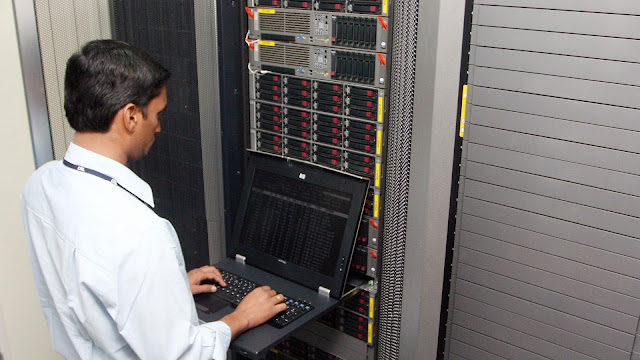Disadvantages of Cloud Computing Explained
Unexpected downtime and outages are some of the leading cloud computing disadvantages that business owners need to consider when deciding whether to move to the cloud or continue with a traditional on-premises IT infrastructure. Outages and performance issues can bring operations to a standstill and cost businesses valuable time, money, and resources.
Also read: Also read: What are your thoughts on UpGrad data science course review?
System vulnerabilities can lead to data breaches, further impacting your bottom line. Furthermore, there may be limits on availability of resources, lack of control/flexibility over your system, as well as cost and technical capacity issues. Finally, you may also experience vendor lock in, resulting in limited options for transitioning away from a particular vendor in the future.
The good news is that you can mitigate some of these cloud computing disadvantages by assessing your environment with an outside IT consultant or managed services provider before making the switch. This way, you can ensure that all of your systems are properly configured and secure before they go live in a cloud or hybrid environment.
Also read: How good are great lakes data science review and business analytics (Great Lakes Certificate)?
Additionally, it's important to have a comprehensive disaster recovery plan in place that includes failover procedures for any outages or unexpected downtime caused by system failures or malicious attacks. And finally, be sure to understand all of the associated costs associated with using cloud services so you're prepared for any budgeting surprises down the road.
.jpg)



Comments
Post a Comment